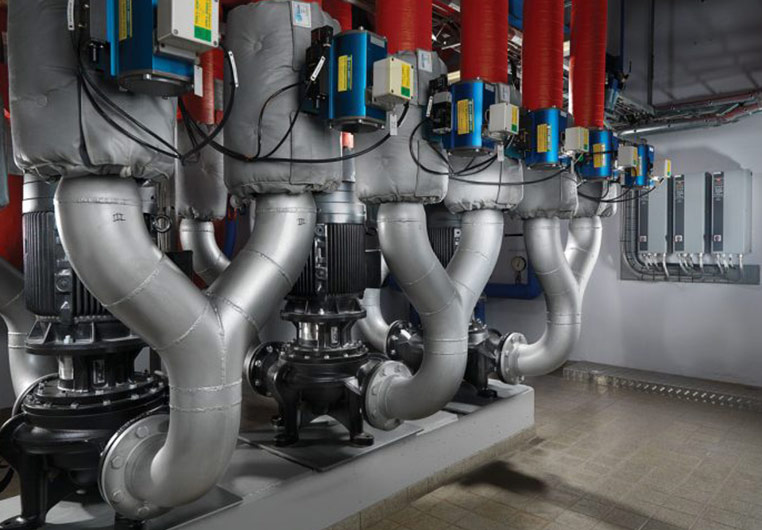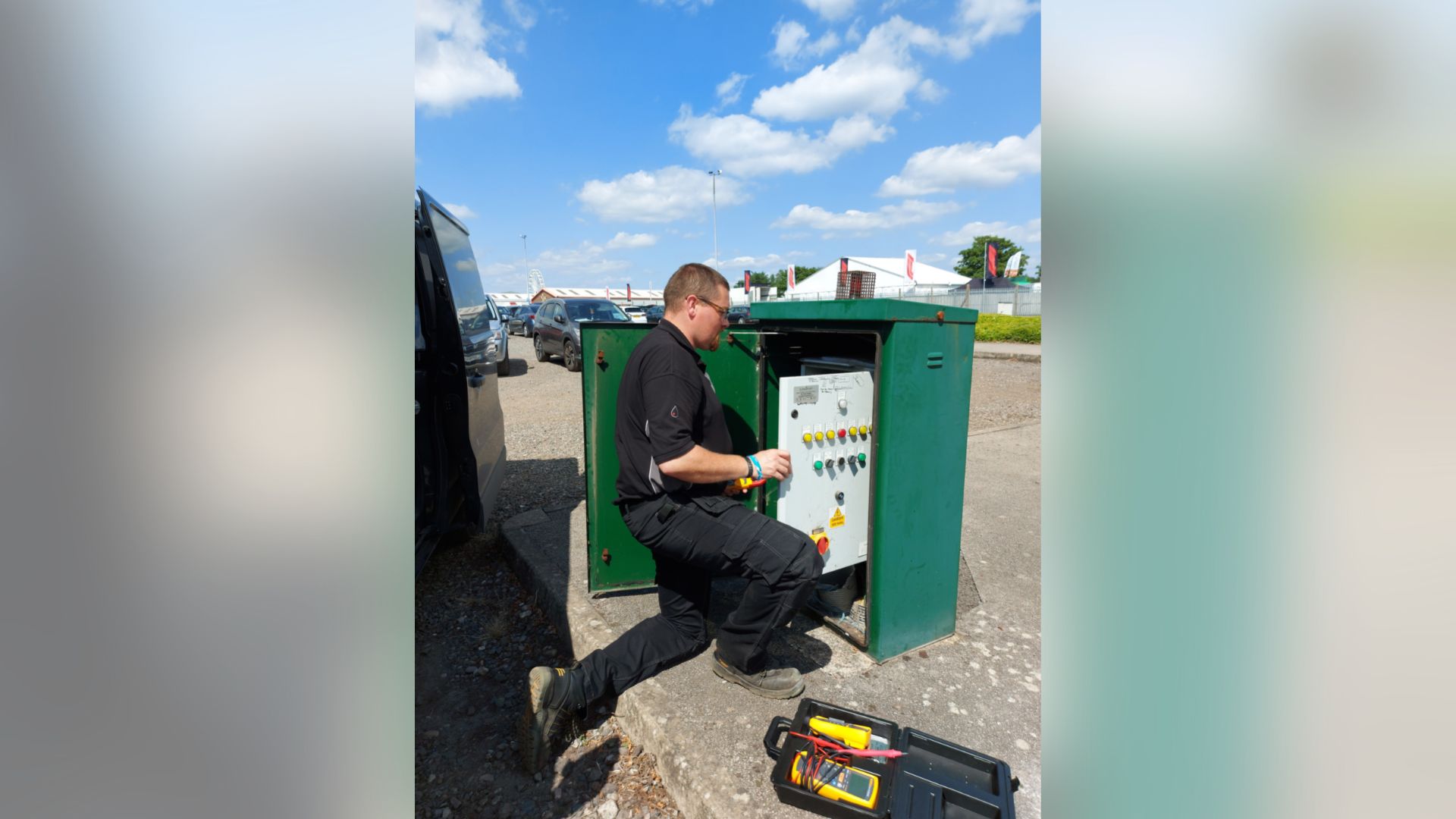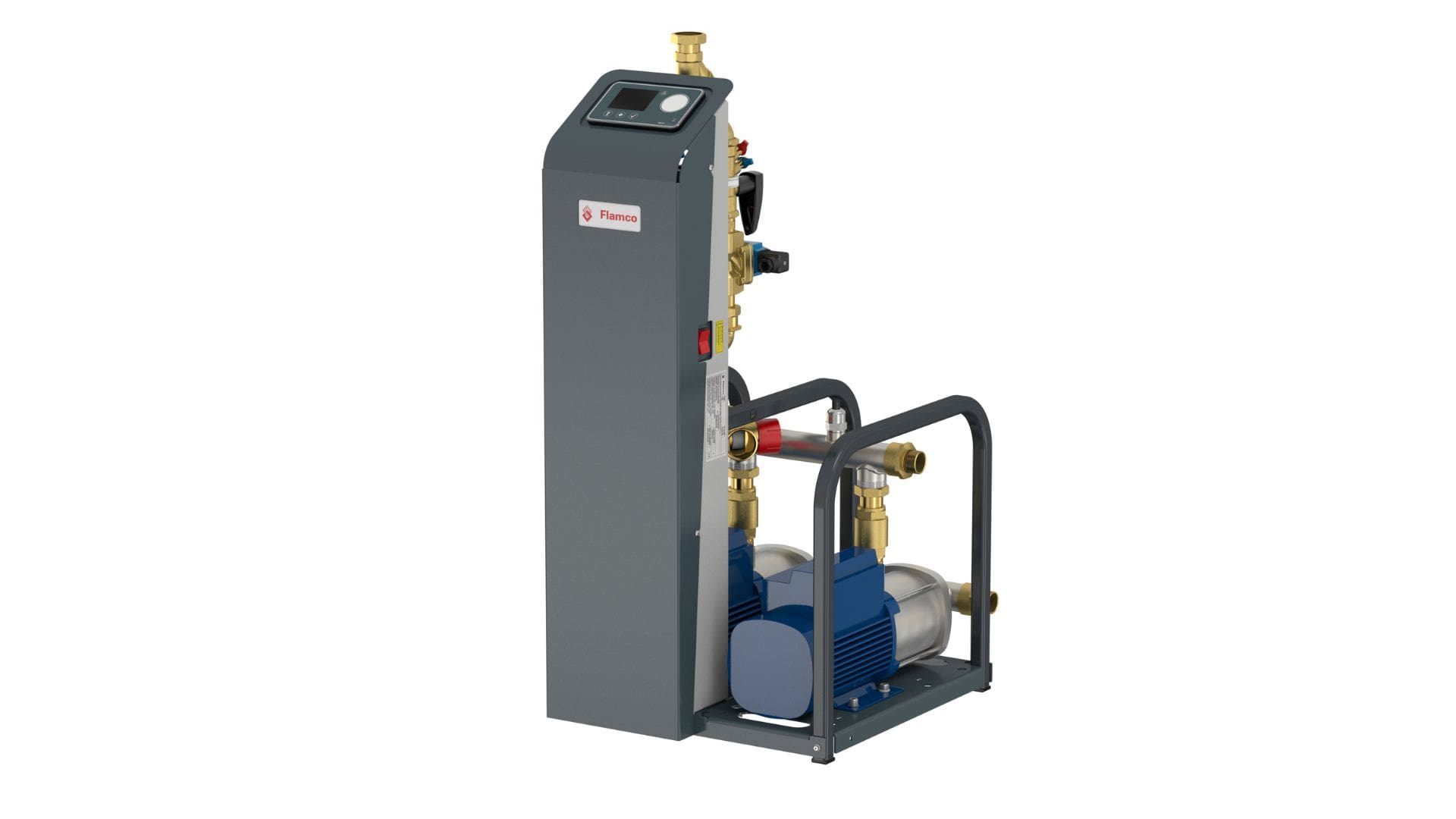Which type of pump do I need? – Heating Pumps
 Posted on 13th September, 2018 by Dura Pump
Posted on 13th September, 2018 by Dura Pump 
Our team sets out to solve your complete heating or cooling system needs. If you know exactly what heating pump you want, we’ll supply it quickly and efficiently. If you don’t know exactly what pump you want, you may find the following information useful.
To help you decide which type of heating pump would be best for your application, we’ve summarised the features, benefits and applications of a few different types of heating pump.
Heat pumps provide heat energy that is transferred from a source of heat or warmth to a destination called a heat sink, effectively ‘pumping’ warmth from one place to another.

Air Source Heat Pump
An Air Source Heat Pump is normally fitted to the side of a building, drawing in the air from the outside and using a mechanism to compress and increase its temperature. Unlike Ground Source Heat Pumps, Air Source Heat pumps don’t require a huge amount of construction works and it could lower your existing energy bills if you are replacing conventional heating.
Ground Source Heat Pump
Ground Source Heat Pumps draw from the solar energy stored in the ground or water. These pumps have higher efficiencies than air source heat pumps as the temperatures are generally more constant, however, major construction work has to be undertaken if you want to install a Ground Source Heat Pump. Again, you could lower your existing energy bills if you are replacing conventional heating.

Hybrid Heat Pump
A Hybrid Heat Pump utilises another energy source such as a gas boiler, which together provides a more constant source of warmth at a higher level of efficiency. This means you don’t need to change your radiators if you have an existing heat generation source such as a boiler and decide to install a hybrid Heat Pump.
It is also possible to have a mix of ground and air source heat pumps to increase efficiency by drawing on the ground source heat pump energy when the air is colder and drawing from the air source heat pump when the air is warmer.
Absorption Heat Pumps
Absorption heat pumps are essentially air-source heat pumps however they are not powered by electricity, rather they are powered by a heat source such as natural gas, propane, solar-heated water or geothermal-heated water. Natural gas is most commonly used, which is why they are also referred to as gas-fired heat pumps. The difference in absorption heat pumps is that evaporated ammonia is not pumped up in pressure in a compressor, but instead absorbed into the water to be later boiled out of the water.
The applications of all heat pumps: underfloor heating, radiators, swimming pools, storing hot water in a cylinder that can be utilized for showers, baths and the daily wash, drying, washing, pasteurization, chocolate manufacture and many more!

With winter on its way now is a good time to check your heating systems before the winter rush. As trusted suppliers with access to a vast number of global pump manufacturers, we can give the very best advice on products and our service even goes beyond the installation with repairs, commissioning and energy saving.
In our ‘Which type of pump do I need?’ series we’ve also covered process pumps, impellers and submersible pumps.
Get in touch with our pump consultants to start solving your heating problems today by calling us on 01604 648 800 or emailing mail@durapump.com.




